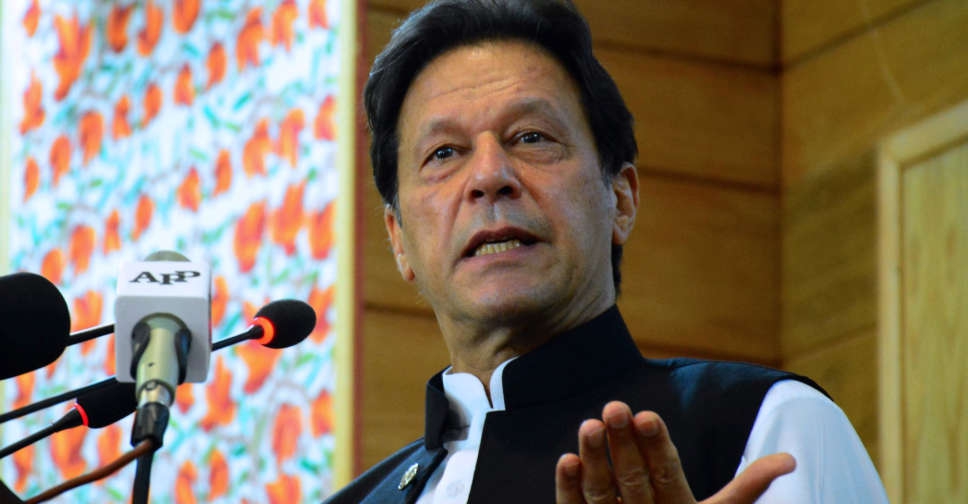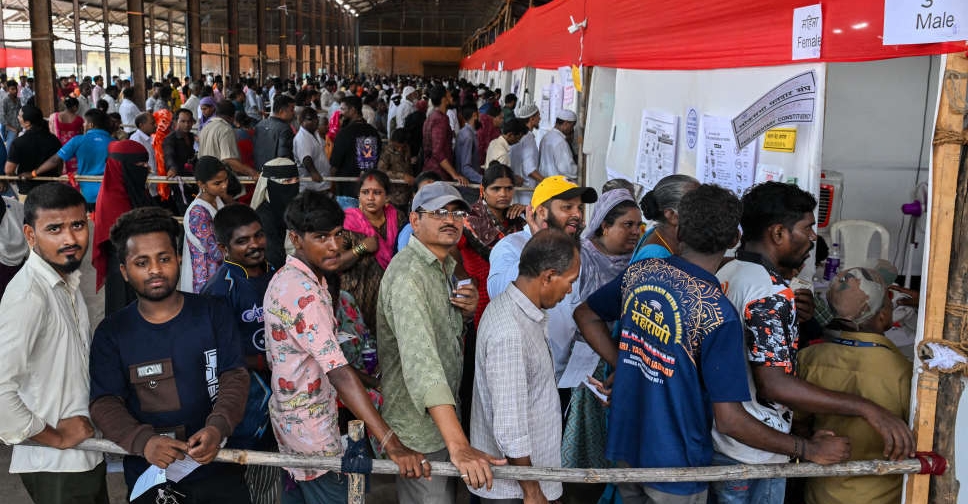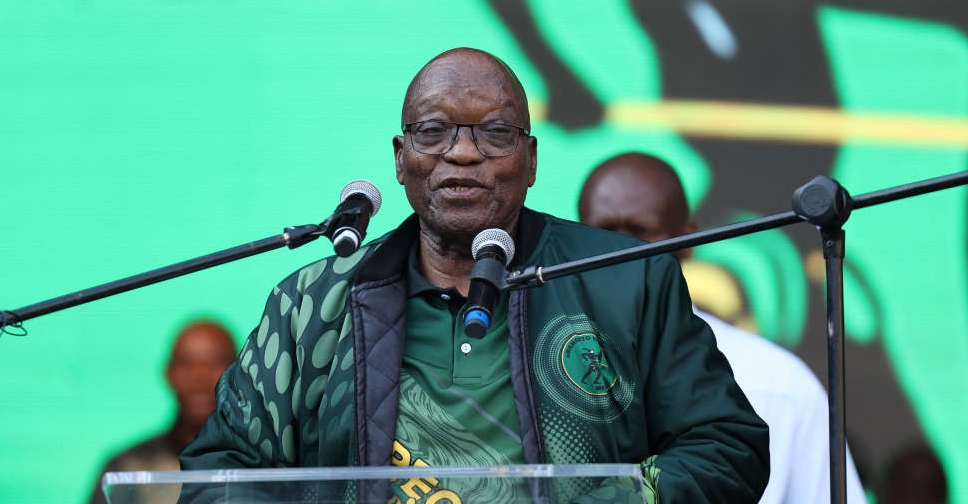
Pakistan's parliament will convene on Saturday to vote on removing Imran Khan as prime minister, an official notice said on Friday, potentially cutting short his term as leader.
The country's top court ruled late on Thursday that Khan must face the no-confidence vote, which he is widely expected to lose, meaning he would be ousted from office.
The lower house of parliament has been convened for a session on Saturday at 10:30 am (0530 GMT), the speaker's office said in an order paper. The vote, brought by the opposition leader Shehbaz Sharif, is the fourth point on the agenda.
Khan, a former cricket star who took office in 2018, was due to address the nation later on Friday. He said after Thursday's ruling that "My message to our nation is I have always and will continue to fight for (Pakistan) till the last ball".
A member of Khan's government denounced the Supreme Court's decision to quash the prime minister's effort to block the no-confidence vote.
"A judicial coup happened last night ... ending parliamentary supremacy!" Minister for Human Rights Shireen Mazari said on Twitter.
In its ruling, the Supreme Court said Khan had acted unconstitutionally in blocking the no-confidence vote when it was due to take place last Sunday, after which he dissolved parliament and called an election.
The ruling was the latest twist in a crisis that has threatened political and economic stability in the country of 220 million people, where the military has ruled for half its history.
Khan, who opposed the US-led intervention in Afghanistan and has developed relations with Russia since he became prime minister, has accused the United States of supporting a plot to oust him. Washington has dismissed the accusation.
If he loses the no-confidence vote, the opposition will put forward a candidate for prime minister.
Shehbaz Sharif, the younger brother of three-time former prime minister Nawaz Sharif, said after the court ruling that the opposition had nominated him to take over should Khan be ousted.
ENDING UNCERTAINTY?
The rupee currency hit all-time lows on Thursday and foreign exchange reserves tumbled.
Pakistan's central bank hiked its benchmark interest rate by 250 basis points on Thursday, the largest such move since 1996.
On Friday, markets opened higher on investor hopes the crisis might be easing. The Pakistan Stock Exchange was up 680 points, or 1.5 per cent, and the rupee had rebounded from historic lows.
"The court decision will end political uncertainty and constitutional crisis to a large extent. This will help restore come confidence in the markets," Muhammad Sohail of Karachi-based Topline Securities told Reuters.
"However economic challenges remain and it will be interesting to see how new set-up takes bold steps to put things in order," he added.
The opposition has said it wants early elections but only after delivering Khan a political defeat and passing legislation that it says is needed to ensure the next polls are free and fair.
The election commission has said the earliest it can hold elections is in October, which means any new government will have to deal with pressing economic issues before that.

 Iranian President Raisi killed in helicopter accident, state media says
Iranian President Raisi killed in helicopter accident, state media says
 Israel intends to broaden Rafah sweep, Defence Minister tells US
Israel intends to broaden Rafah sweep, Defence Minister tells US
 New Taiwanese president calls on China to stop threats
New Taiwanese president calls on China to stop threats
 India votes in fifth phase of elections
India votes in fifth phase of elections
 South Africa's ex-leader Zuma barred from running for parliament
South Africa's ex-leader Zuma barred from running for parliament



